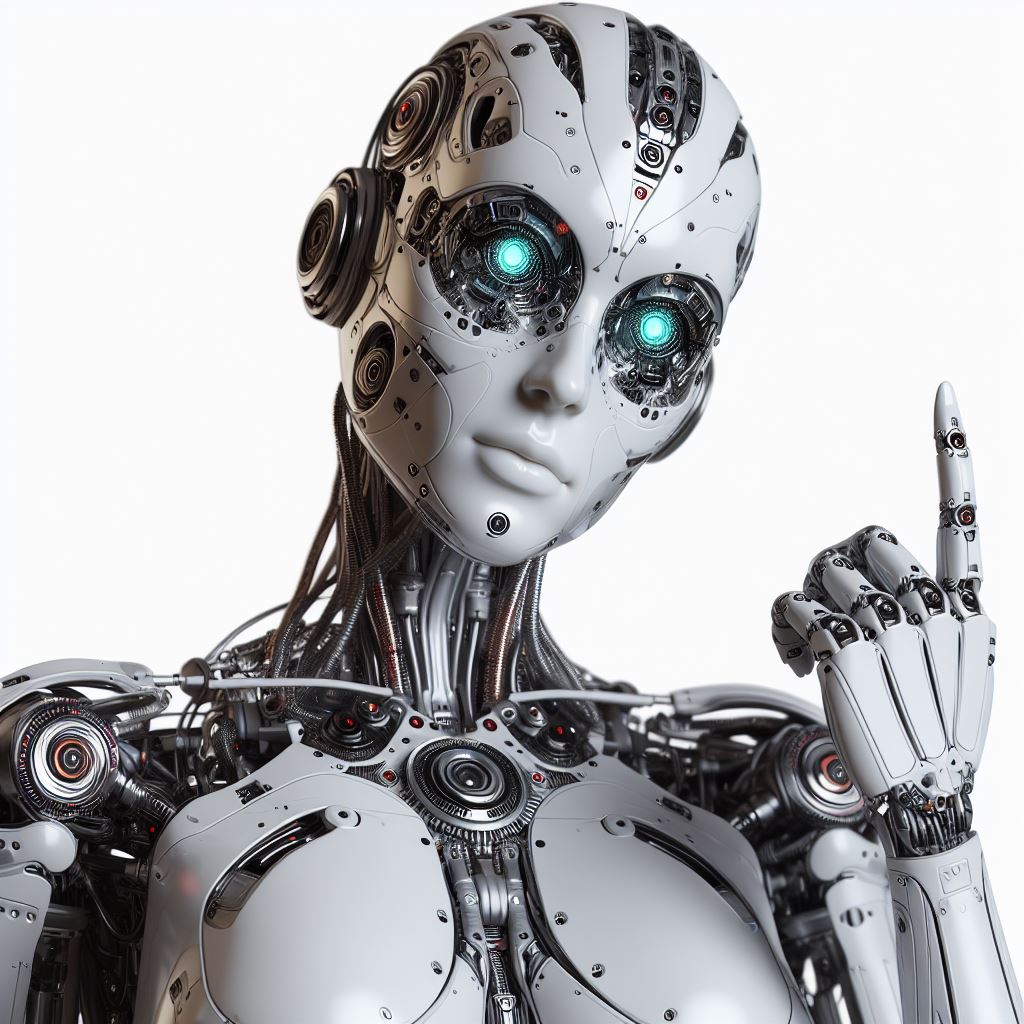In recent years, the automotive industry has experienced a major transformation, and one of the driving forces behind this change is data science. The combination of vast amounts of data, advanced machine learning algorithms, and artificial intelligence (AI) has allowed car manufacturers, suppliers, and even drivers to make smarter, data-driven decisions. From improving vehicle performance to enhancing safety and enabling autonomous driving, data science is reshaping the way we think about cars.
Data-Driven Vehicle Design and Performance Optimization
One of the most significant impacts of data science on the automotive industry is in the design and performance optimization of vehicles. Automakers use big data collected from sensors, onboard diagnostics, and customer feedback to improve vehicle components, predict maintenance needs, and create more energy-efficient models. This wealth of data allows engineers to fine-tune engines, tires, braking systems, and aerodynamics to ensure that vehicles meet or exceed performance benchmarks.
With data-driven design, manufacturers can create cars that are better tailored to consumers’ needs and preferences. By analyzing data patterns from real-world usage, car makers can identify areas for improvement and innovate faster than ever before.
Predictive Maintenance and Enhanced Vehicle Longevity
Predictive maintenance is another area where data science has a significant influence. Traditionally, cars are serviced based on time intervals or when a specific issue arises, often leading to unnecessary repairs or missed opportunities to fix issues early on. With the advent of machine learning and predictive analytics, data from sensors and diagnostic tools can be used to monitor the health of key vehicle components in real-time.
This data helps predict when a car part is likely to fail, enabling drivers and service centers to perform maintenance only when necessary, rather than based on a fixed schedule. Not only does this reduce costs for consumers, but it also extends the lifespan of the vehicle, enhances its performance, and improves overall safety.
Autonomous Vehicles and Data Science
One of the most exciting applications of data science in the automotive industry is the development of autonomous vehicles. Autonomous cars rely on an immense amount of data to navigate the roads safely and efficiently. This data comes from various sources, including cameras, LiDAR sensors, radar, and GPS systems. Machine learning algorithms process this data in real-time to help the vehicle understand its environment, recognize obstacles, and make decisions based on its surroundings.
As autonomous driving technology continues to evolve, data science will play a crucial role in improving the accuracy and reliability of self-driving cars. The more data collected from real-world driving situations, the better these systems can learn to handle complex, dynamic environments and make safe driving decisions.
Consumer Insights and Personalization
Car manufacturers are also leveraging data science to gain deeper insights into consumer behavior and preferences. By analyzing purchasing trends, browsing history, and social media interactions, automakers can create targeted marketing strategies and personalized experiences for potential buyers.
Data science allows companies to understand which car features are most important to consumers and adapt their offerings accordingly. It also helps to predict future trends in the automotive market, giving manufacturers the ability to stay ahead of consumer demands and develop vehicles that cater to specific demographics.
Safety Enhancements through Data Science
Another area where data science is making significant strides is vehicle safety. By analyzing data from crash tests, sensor data from vehicles in real-world conditions, and accident reports, data scientists can identify patterns that help improve vehicle safety features.
Machine learning algorithms can predict accident scenarios and assist in the development of advanced driver-assistance systems (ADAS), such as collision avoidance, lane-keeping assistance, and automatic emergency braking. These technologies rely heavily on real-time data to prevent accidents and protect both drivers and passengers.
Conclusion
As the automotive industry continues to evolve, data science will remain a critical tool for innovation. From improving vehicle performance and safety to enabling autonomous driving and personalized consumer experiences, data science is revolutionizing how we interact with cars. The future of the automotive industry will undoubtedly be shaped by the continuous integration of data and machine learning technologies.


